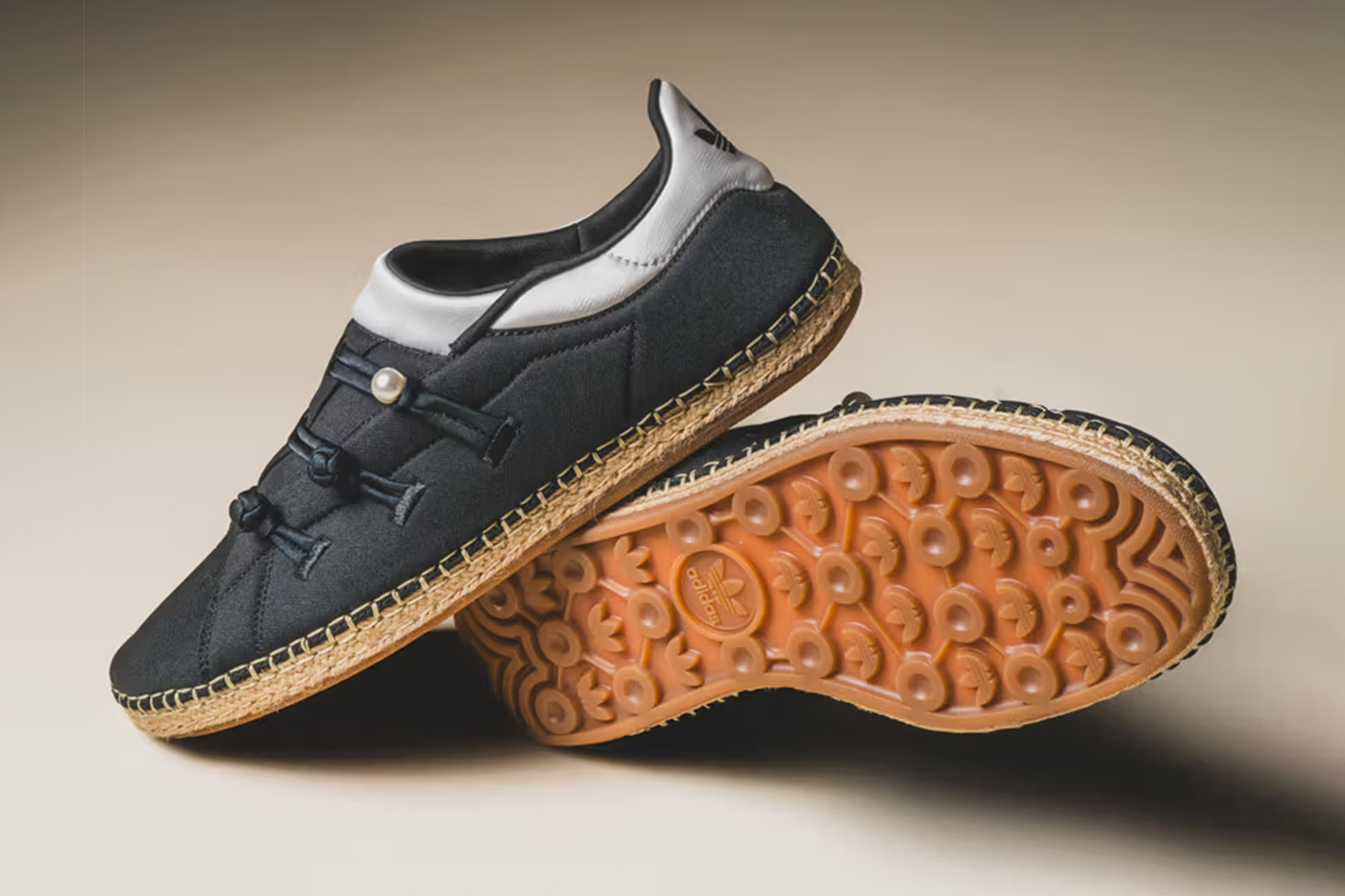At the age of 21, Naomi Osaka is a top-ranked tennis superstar who’s conquering the world and has the potential to become an icon for generations to come. Marta Colomboexplores her rapid rise to the top.

“To me, it’s always been about trusting myself and staying positive. I hope everyone can relate to that; just ignore the noise from others and keep on moving towards what you believe in.” So said tennis superstar Naomi Osaka about Just Do It: Tokyo, Nike’s latest JDI short movie that celebrates female empowerment and in which she’s one of the protagonists.
Osaka, who represents Japan, made global headlines last year when she beat Serena Williams at the US Open. To the surprise of the stadium – and the world – she dethroned her idol and humbly accepted the honour with dignity and respect, amidst polemics and in front of a shamelessly disappointed crowd. On September 9, 2018, however, Osaka did much more that win one of
the most prestigious international tennis tournaments. She gave Japan its first-ever title and proved that if you really believe in yourself, you actually can just do it. From that moment, her life changed forever; she went from being a relatively unknown professional tennis player to a celebrity whose name was shouted at a Drake concert soon after the match.
Osaka, born in Japan to a Japanese mother from the northern island of Hokkaido and a Haitian father, grew up in Long Island, New York. Since she rose to stardom, she’s been asked multiple times to identify with one nationality or culture, but she’s proudly celebrated her multiracial background and her diverse upbringing. In Japan, this makes her incredibly relatable to biracial millennials and teenagers who have a hard time integrating and assimilating in a largely homogenous society.
This year, Osaka was included on the Time 100: Most Influential People of 2019 list alongside game-changers such as lawyers Arundhati Katju and Menaka Guruswamy and actress Sandra Oh. The honour, reserved for a group of remarkable individuals that truly influence and shape our world, also officially placed her beyond the world of sport and under the spotlight on a global scale.
In her interview, Osaka cites her parents as her biggest idols due to what they sacrificed for her dream and for her to be able to train. The family, in fact, specifically relocated to the US when she was just three years old – partially inspired by the Williams sisters’ road to success – to pursue her and her sister’s tennis careers.
I don’t really know what feeling Japanese or Haitian or American is supposed to feel like. I just feel like me.
NAOMI OSAKA

Eighteen years and numerous major prestigious world titles later, Osaka has garnered countless admirers around the world and has conquered the heart of at least three nations. In Japan, she’s pretty much reached pop-star celebrity status, with brands competing to represent her; among other things, she now has her own line of cup noodles, one of the country’s most popular comfort foods. When she travelled to Haiti last November, she received a national icon’s welcome. And in the US and around the world, she’s now followed by photographers and reporters everywhere she goes.
“I don’t really know what feeling Japanese or Haitian or American is supposed to feel like. I just feel like me,” Osaka said in a January interview with Time magazine. The 21-year-old current World No. 1 and two-time Grand Slam champion is emblematic of a contemporary, powerful, multi-ethnic generation that’s conquering our interconnected world in every field – and she has the potential to become an idol for generations to come.
Story by Marta Colombo






